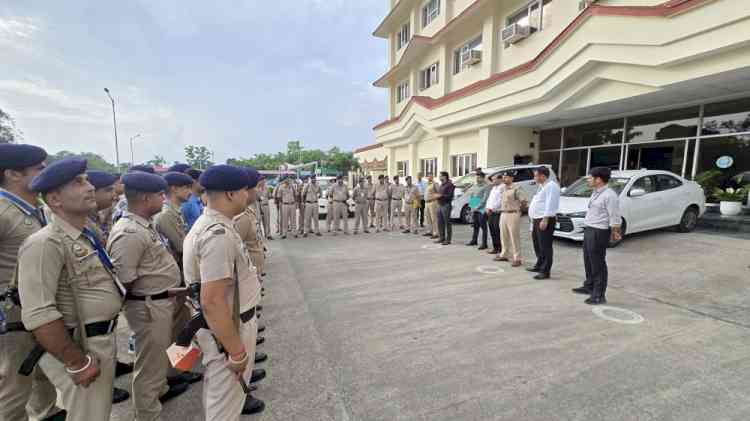Will Continuing War in the Asian Subcontinent Boost Inflation in the Coming Years?
The conflict between Russia and Ukraine in 2022, followed by the ongoing war in the Middle East between Israel, Lebanon, and Iran, has sparked global concern. This raises the question: Will prolonged war in the Asian subcontinent contribute to inflation in the prices of crude oil and other essential commodities in the coming years?

The conflict between Russia and Ukraine in 2022, followed by the ongoing war in the Middle East between Israel, Lebanon, and Iran, has sparked global concern. This raises the question: Will prolonged war in the Asian subcontinent contribute to inflation in the prices of crude oil and other essential commodities in the coming years?
The use of advanced weaponry, such as missiles, has caused immense devastation, leading to the loss of innocent lives and the destruction of vital infrastructure. The areas ravaged by war will take years to rebuild, with entire regions reduced to rubble. The consequences of war are not limited to physical damage; they also extend to social and economic suffering. Many children are left orphaned, women become widows, and the loss of property is incalculable. Numerous businesses have shut down, and industrial units have been obliterated by missile strikes.
History has already shown the heavy toll of war, as witnessed during World War I and World War II. The urgent question now is how to foster peace and halt the escalating conflicts in the Asian subcontinent that are wreaking havoc.
War's impact on agriculture and food production is another critical concern. The use of sophisticated weapons severely disrupts agricultural output, and the resulting population displacement adds pressure to supply chains. This imbalance between supply and demand may create opportunities for hoarders to manipulate prices, leading to inflation. A future shortage of essential commodities cannot be ruled out.
Global leaders must act for the sake of humanity and strive to create an atmosphere of peace. They should take a proactive role in defusing tensions and preventing further escalation. War never brings resolution; it only sidelines humanity and engulfs countries in destruction.
Prosperity can only be achieved in an environment of peace. Peace fosters unity and brotherhood among people, allowing nations to thrive. But the consequences of war go beyond economic instability—they also affect global warming and climate change. The use of explosives releases heat and contributes to climate disruption. Even in early October, unexpected weather patterns, such as unseasonal heat, rains, and floods, are being witnessed in areas that previously saw no such conditions. While rains may bring some benefits, such as making desert areas fertile, the overall environmental cost of war cannot be ignored.
Since World War II, nations have significantly increased their stockpiles of nuclear weapons, which pose a constant threat to humanity. The world must now seize the opportunity to bring countries together and reduce tensions in the Asian subcontinent. Peace, prosperity, and development should always be the ultimate goals of all nations.
Authored by:
Rajat Kumar Mohindru
Journalist,
Jalandhar City.


 Rajat Kumar
Rajat Kumar 









